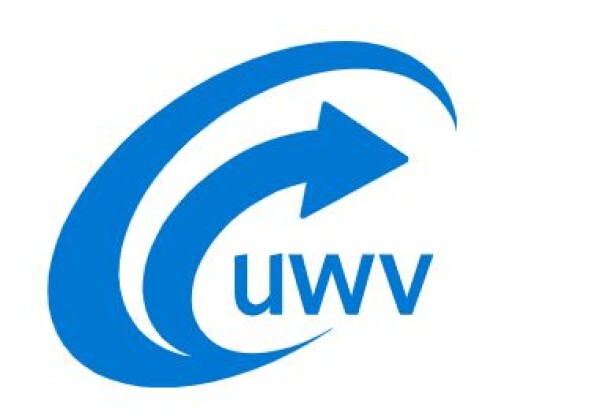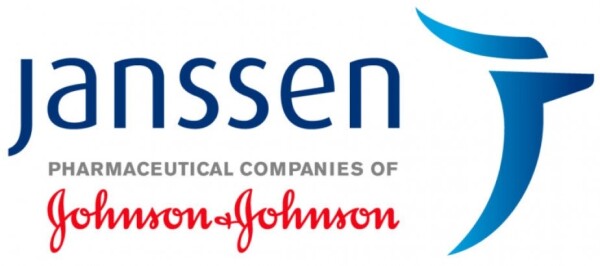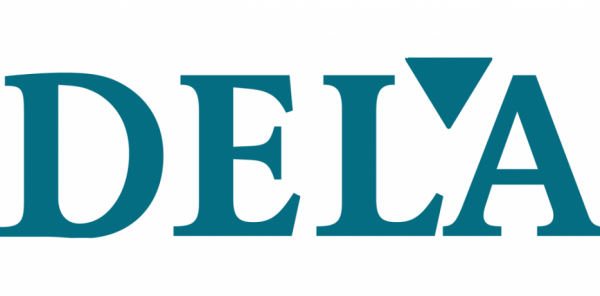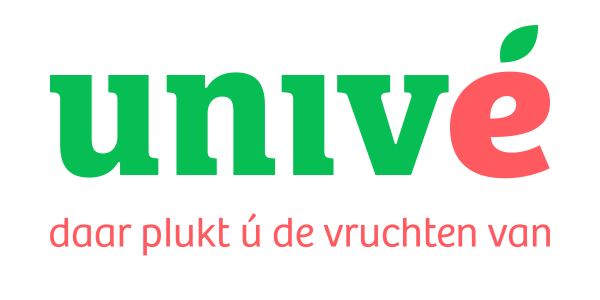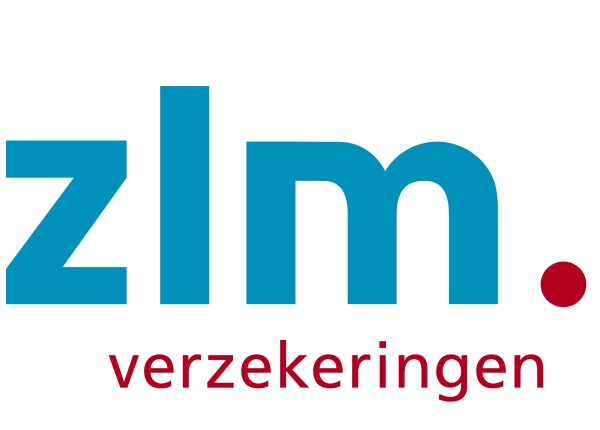Final European Sustainability Reporting Standards (ESRS) are available!
BLOG
Finally, the final version of the European Sustainability Reporting Standards (ESRS) are available. Today, on the 31 of July 2023, the European Commission adopted the Delegated Act on the first set of the ESRS standards. After a public consultation the Commission made the following modifications to the draft standards submitted by EFRAG:
- Double Materiality: all standards and all disclosure requirements and data points within each standard will be subject to the double materiality assessment by companies, with the exception of the disclosure requirements specified in the “General disclosures” standard (ESRS2). Disclosure requirements subject to double materiality are not voluntary. The information must be disclosed if it is material, and the company’s double materiality assessment process is subject to external assurance. The standards require companies to perform a robust double materiality assessment. The standards also specify that if a company concludes that climate change is not a material topic it must disclose a detailed explanation of the conclusions of its double materiality assessment. In our view this will hardly be the case for companies looking at the systemic effects of climate change on the economy as a whole.
- Phasing-in certain requirements:
-
- Companies with < 750 employees may omit: scope 3 GHG emissions data and the disclosure requirements specified in the standard on “own workforce” in the first year that they apply the standards; and the disclosure requirements specified in the standards on biodiversity and on value-chain workers, affected communities, and consumers and end-users in the first two years that they apply the standards.
- All undertakings may omit the following information in the first year that they apply the standards: anticipated financial effects related to non-climate environmental issues (pollution, water, biodiversity, and resource use); and certain datapoints related to their own workforce (social protection, persons with disabilities, work-related ill-health, and work-life balance).
- Making certain disclosures voluntary: This includes, for example: biodiversity transition plans; certain indicators about “non-employees” in the undertaking’s own workforce; and an explanation of why the undertaking may consider a particular sustainability topic not to be material.
- Further flexibilities: in addition to making certain datapoints voluntary, the Commission has also introduced certain flexibilities for some of the mandatory datapoints. For example, there are additional flexibilities in the disclosure requirements on the financial effects arising from sustainability risks and on engagement with stakeholders, and in the methodology to use for the materiality assessment process. The Commission has modified datapoints regarding corruption and bribery and regarding the protection of whistle-blowers that might be considered to have infringed on the right not to self-incriminate.
- Coherence with EU legal framework: for example regarding the Pay Transparency Directive and the European Pollutant Release and Transfer Register.
- Interoperability with global standard-setting initiatives: such as the International Sustainability Standards Board and the Global Reporting Initiative to ensure a high degree of interoperability with ESRS.
- Editorial and presentational modifications: for example, the introduction of a drafting convention to clearly identify all terms for which ESRS has a precise definition.
Where can I find the final documents?
- You can find the final ESRS here
- ANNEX II ACRONYMS AND GLOSSARY OF TERMS (scrol to Commission adoption) here
- EXPLANATORY MEMORANDUM (scrol to Commission adoption) here
When can I expect more guidance to be available?
The Commission has asked EFRAG to prepare additional guidance in the near future (28 August):
- Guidance on materiality assessment
- Reporting with regard to value chains
The Commission is expected to adopt additional delegated acts as of June 2024:
- Sector-specific standards
- Proportionate standards for listed SMEs
- Standards for non-EU companies
For more information about this blog and how TOSCA can support you to become CSRD compliant please reach out to us! (mail) ulrike@toscatribe.nl (phone) +31-651072464 We look forward to discussing what this all means for your specific company.
Back to news

